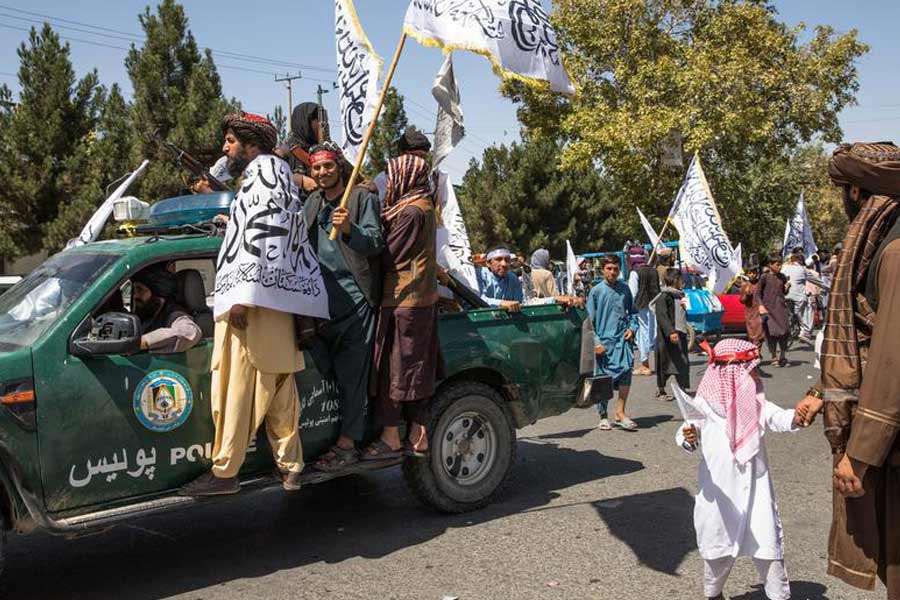The Taliban’s reclusive supreme leader on Monday warned Afghans against earning money or gaining worldly honour at a time when the country is in the grip of humanitarian crises and isolated on the global stage.
Hibatullah Akhundzada gave his warning in a sermon to mark the festival of Eid al-Adha at a mosque in southern Kandahar province, weeks before a Taliban delegation goes to Doha, Qatar for UN-hosted talks on Afghanistan.
This is the first round of talks the Taliban will attend since they seized power in August 2021. They weren’t invited to the conference of foreign special envoys to Afghanistan in the first round, and they snubbed the second round because they wanted to be treated as the country’s official representatives.
No government recognises the Taliban as the legitimate rulers of Afghanistan.
UN spokesperson Stéphane Dujarric said the invitation to the Doha meeting at the end of June does not imply recognition of the Taliban.
Akhundzada reminded Afghans of their duties as Muslims and made repeated calls for unity in his 23-minute sermon.
Messages by him and another influential Taliban figure, Sirajuddin Haqqani, to mark a religious festival in April showed tensions between hardliners and more moderate elements who want to scrap harsher policies
and attract more outside support.
In Monday’s message, Akhundzada said he wanted brotherhood among Muslims and that he was unhappy about differences between citizens and Taliban officials. Public dissent over Taliban edicts is rare, and protests are swiftly and sometimes violently quashed.
He said he would willingly accept any decision to remove him as supreme leader, as long as there was unity and agreement on his ouster. But he was unhappy about differences and disagreement between people.
“We were created to worship Allah and not to earn money or gain worldly honour,” Akhundzada said.
“Our Islamic system is God’s system and we should stand by it. We have promised God that we will bring justice and Islamic law (to Afghanistan) but we cannot do this if we are not united. The benefit of your disunity reaches the enemy; the enemy takes advantage of it.”










